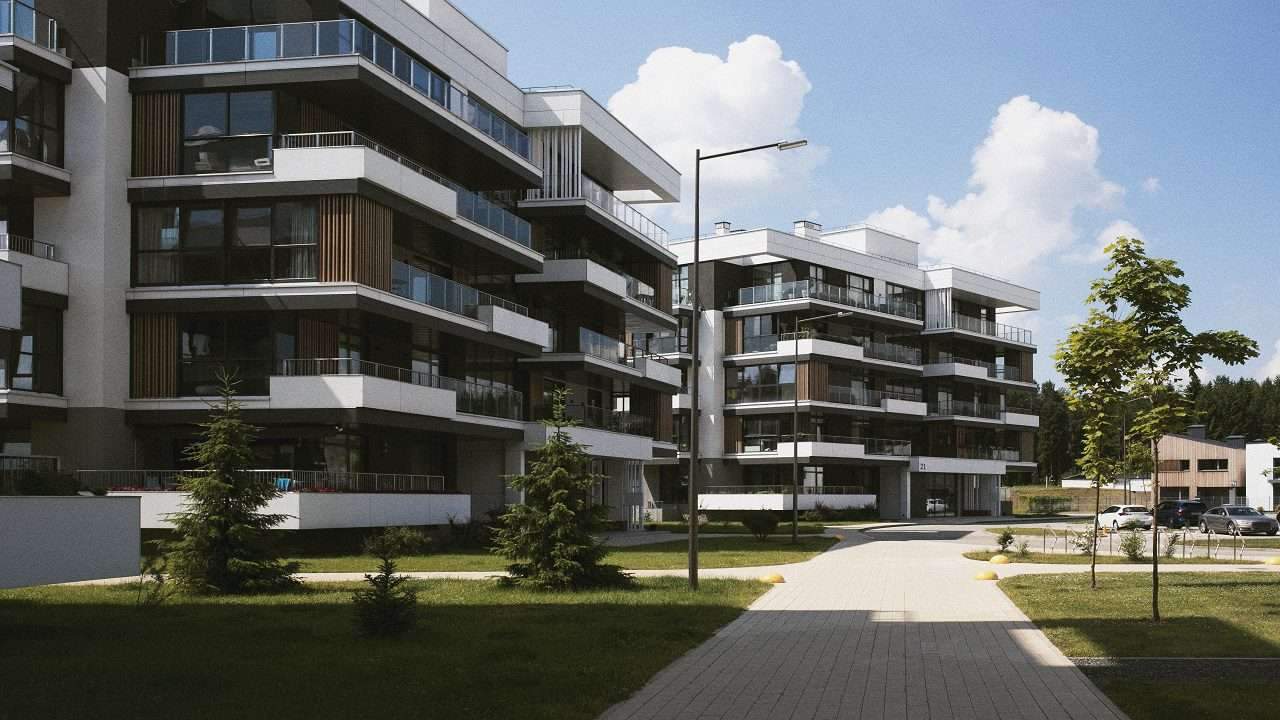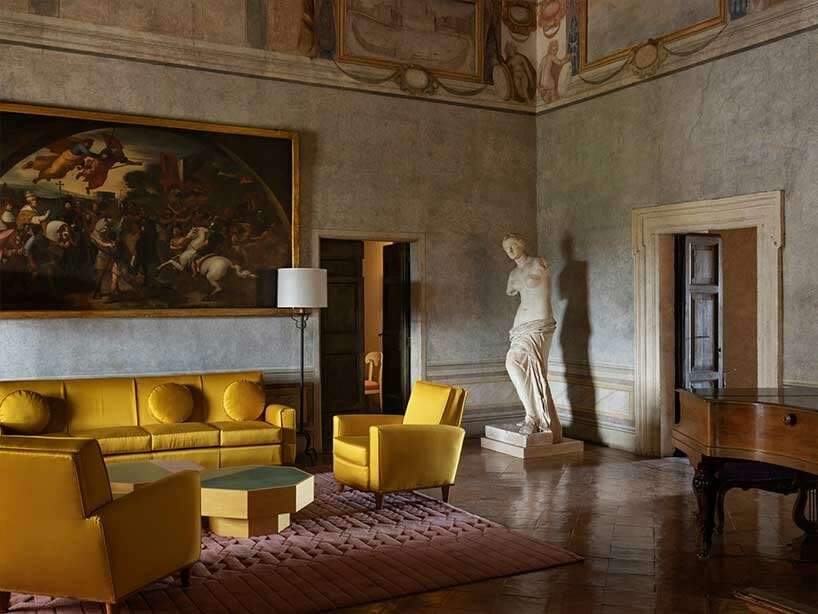eco-lodge resort in iran stands on repurposed layered beams
Ghadimkhoone Eco-lodge in Gilan draws from local design
Tehran-based Haft Shahr Aria engineering group applies local construction techniques and architectural processes to form the ‘Ghadimkhoone’ eco-lodge resort in Gilan, Astaneh-ye Ashrafiyeh, Iran. Aiming for a traditional village aesthetic, the project draws from patterns, methods, and executive details of Gilan’s local houses generating an intimate experience and a close interaction with nature. Following sustainable architectural criteria, the eco-lodge puts up a resilient structure with minimum environmental impact attending to the materials’ life cycle.
Opting for an accommodation that presents a comprehensive approach to Gilan’s local architecture, the resort construction meets the needs of a touristic homestay while providing an immediate connection to the surroundings and an insight into the cultural context. The frame applies repurposed timber beams for the structure and the traditional layered foundation system, while the four-slope roof lays out plant threads and twigs sourced from around the region.
all images by Mohammad Hassan Ettefagh
locally sourced and discarded materials construct the resort
Considering the construction and materiality, the design and engineering team sources timber beams and wood boards both from dismantled old buildings and originally purposed for coal factories, and stacks them as the third and fourth row of the foundation system, ‘Shakil’. The main piling and balancing layer of the structure ‘Boneh dar and Sarkesh’, forms the fifth and sixth row out of discarded wooden lampposts long-stored and gradually destroyed in the electricity department of the region.
The roof structure is composed of two tiers of side beams ‘Ajar and Sarchoob’ respectively made out of local reeds and poplar wood. All joints of the construction are assembled with hand-woven rice stems, ‘Veris’, an element that is lightweight, easily accessible, and affordable. The covering of the four-slope roof sets up plant threads and twigs laid on by a local practice called ‘Gali-poosh’. The project utilizes materials from Gilan’s rice fields and dense woods throughout, reviving indigenous architecture adapted to the climate.
the project draws from patterns, methods, and executive details of Gilan’s local houses
the eco-lodge puts up a resilient structure with minimum environmental impact







